Lectures
Each year, SfN's Program Committee invites leading scientists to give lectures on hot topics in neuroscience. Lectures will take place on November 12-16 in the San Diego Convention Center, Ballroom 20. Real Time Captioning Services will be provided for all lectures in Ballroom 20. There will be dedicated seating areas and screens that will display the captioned text.
Select lectures will be streamed live from the San Diego Convention Center, and a recording will also be available on-demand after the session broadcast until December 16, 2022. Lectures taking place during Neuroscience 2022 are listed below.
View other scientific sessions being held this year.
11/12/2022
Special Lecture – Sleep for Cognition, Memory, and Mental Health in Females and Males Across the Lifespan
Date & Time: Saturday, November 12, 1–2 p.m. PST
Theme: Theme F – Integrative Physiology and Behavior
Livestreamed: Yes
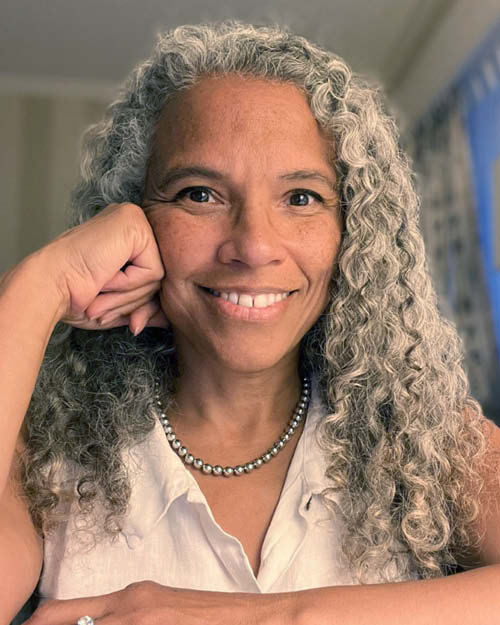
Lecturer: Gina R. Poe, PhD
Institution: University of California, Los Angeles
Every animal sleeps or dies. We will review essential features of sleep that make it irreplaceable for cognition, memory, and mental health, exploring how sleep changes across the hormonal cycle and the lifespan. We will discuss cleaning, growth, and repair functions of slow wave sleep, memory transfer mechanisms during sleep spindles, the potentiation power of P-waves, and circuit remodeling during REM sleep. Finally, we will talk about neurological and mental health conditions affected by variations in sleep features.
Special Lecture – Adult Neurogenesis, Circuit Remodeling, and Hippocampal Function
Date & Time: Saturday, November 12, 3–4 p.m. PST
Theme: Theme A – Development
Livestreamed: Yes
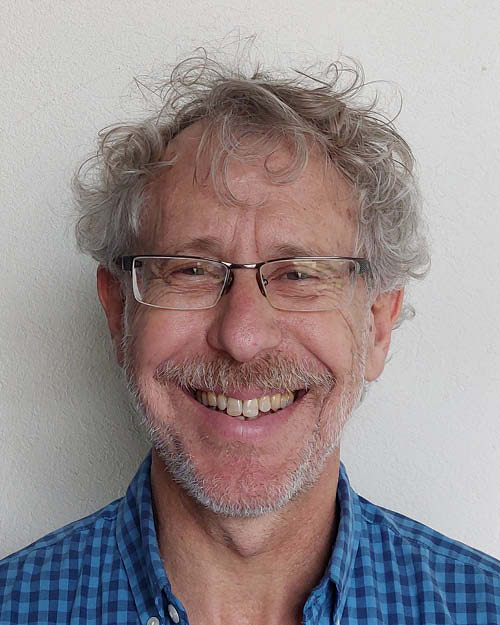
Lecturer: Alejandro F. Schinder, PhD
Institution: Leloir Institute
The generation and integration of new neurons awakens powerful mechanisms of activity-dependent remodeling in preexisting hippocampal circuits of the adult and aging brain. This talk will explore transient functional states displayed by developing granule cells as they evolve towards a mature phenotype. Neurons undergoing the successive transitions exhibit unique molecular identity, morphology, intrinsic properties and synaptic partners, and play distinct roles in the recruitment of target networks.
Presidential Special Lecture – How Do You Feel? The Molecules That Sense Touch
Date & Time: Saturday, November 12, 5:15–6:30 p.m. PST
Theme: Theme D – Sensory Systems
Livestreamed: Yes
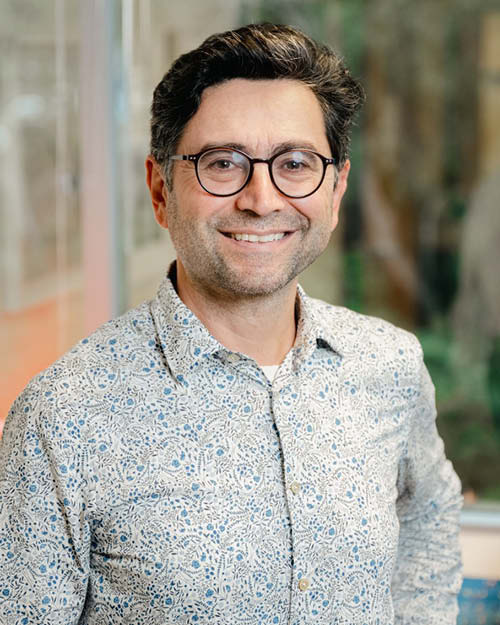
Lecturer: Ardem Patapoutian, PhD
Institution: Scripps Research Institute/Howard Hughes Medical Institute
Our sense of touch holds the capacity to connect us with the world and warn us of harm and hurt. These senses depend on mechanotransduction, the conversion of pressure into chemical signals. Dr. Patapoutian will discuss work from his laboratory that identified and characterized PIEZO1 and PIEZO2, pressure-activated cation channels. Genetic studies established that PIEZO2 is the principal mechanical transducer for touch, proprioception, baroreception, and bladder stretch, and that PIEZO1 mediates many mechanosensory roles throughout the body.
11/13/2022
Special Lecture – Idling Brain: From Engram to Behavior
Date & Time: Sunday, November 13, 9–10 a.m. PST
Theme: Theme H – Cognition
Livestreamed: Yes
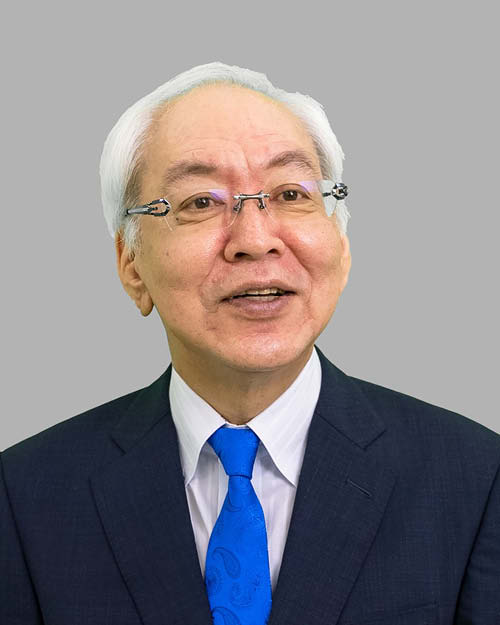
Lecturer: Kaoru Inokuchi, PhD
Institution: University of Toyama
Neurons in the brain are active even when animals sleep or rest, denoted here by “idling brain state”. Flexible reorganization of previously acquired knowledge underlies many brain functions such as inference, assimilation, decision making, and creative thinking. This lecture will discuss new insights into how memory engram cells contribute to cognitive process during idling state, thereby highlighting the power of the idling brain in cognition.
Special Lecture – Mechanisms of Axon Growth and Regeneration
Date & Time: Sunday, November 13, 10:30–11:30 a.m. PST
Theme: Theme C – Neurodegenerative Disorders and Injury
Livestreamed: Yes
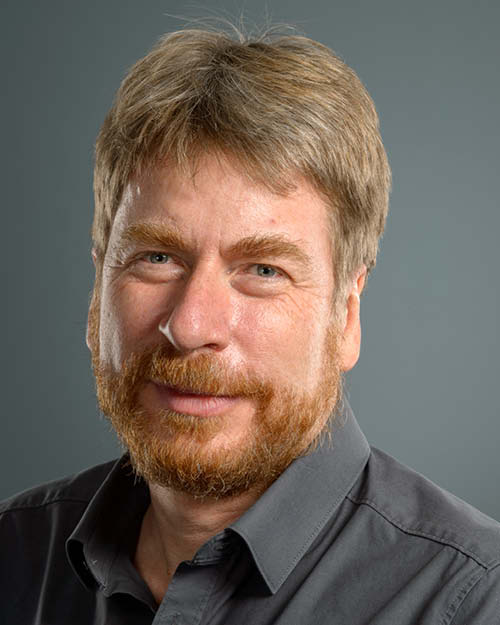
Lecturer: Frank Bradke, PhD
Institution: Deutsches Zentrum Für Neurodegenerative Erkrankungen E.V. (DZNE)
Neurons in the adult nervous system lose their capability to regenerate their axon. And still, neurons are experts in axonal growth and extension at a very specific point in time: during development. This lecture will set forth how neurons initially polarize and form an axon. Exploiting the underlying mechanisms of this process enables activating neuronal regenerative programs under pathological conditions, such as spinal cord injury.
Special Lecture – Gene Delivery Across the Blood-Brain Barrier for Precise and Minimally-Invasive Study and Repair of Nervous Systems
Date & Time: Sunday, November 13, noon–1 p.m. PST
Theme: Theme I – Techniques
Livestreamed: Yes
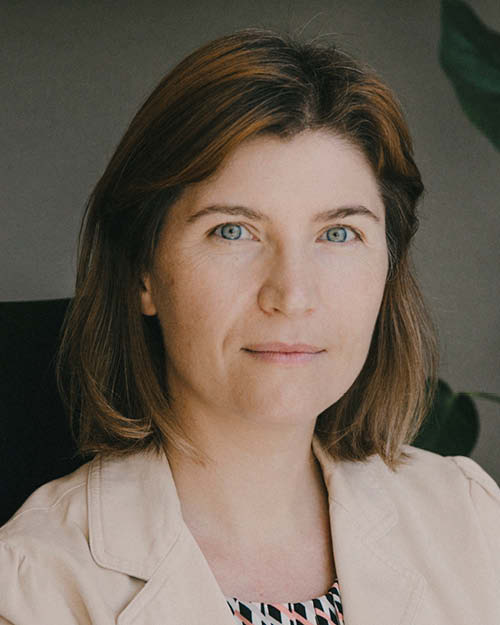
Lecturer: Viviana Gradinaru, PhD
Institution: California Institute of Technology
Protein engineering and data science have helped overcome challenges in optogenetics and gene delivery, with microbial opsins tolerated by mammalian cells and viral capsids that cross the blood–brain barrier. These tools are applied to neurodevelopmental and neurodegenerative disorders, for example to understand circuits underlying locomotion and sleep for Parkinson’s disease. By understanding how engineered capsids work and leveraging them as vehicles for targeted gene delivery via the vasculature, we are now closer to precise noninvasive study and repair of nervous systems.
SfNOVA LECTURE
Date & Time: Sunday, November 13, 1:30–2:30 p.m. PST
Themes: Theme B – Neural Excitability, Synapses, and Glia; Theme H – Cognition
Livestreamed: Yes
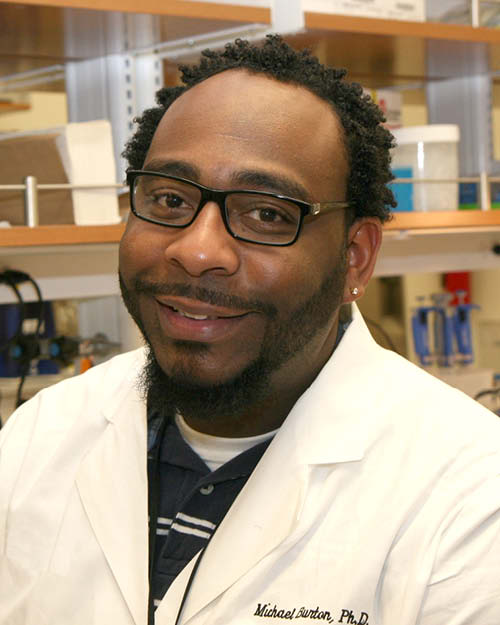
The Sex- and Cell-Specific Role of TLR4-Induced Pain States: The Communication Between the Nervous and Immune System
Lecturer: Michael D. Burton, PhD
Institution: University of Texas at Dallas
The Burton Lab focuses on the conversation between the immune and nervous systems to regulate adaptive behaviors (pain, depression, anxiety, and sickness). Toll-like receptor (TLR)-4 is a pattern recognition receptor that is expressed in several cell types in the immune and nervous systems and mediates various physiological cascades. The lecture will highlight how this protein mediates whole body behavior in a cell and sex-specific fashion with data from multiple groups utilizing pharmacological and genetic approaches.
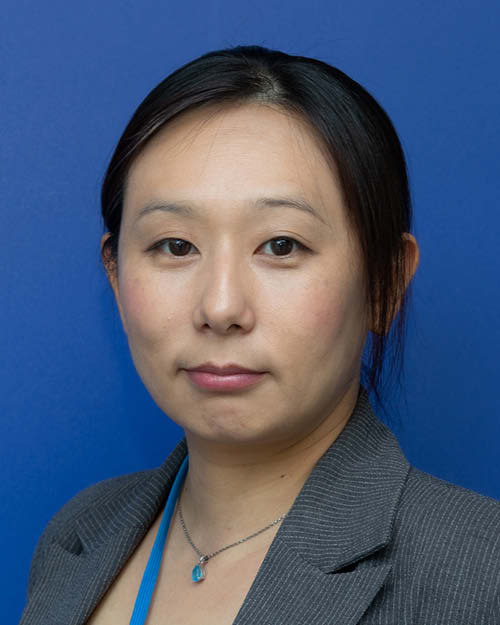
Multi-Scale Synaptic Analysis for Psychiatric Disorders
Lecturer: Akiko Hayashi-Takagi, MD, PhD
Institution: RIKEN Center for Brain Science
Despite the accumulating evidence of synaptopathy in various psychiatric disorders, it is unknown whether synaptopathyis pathogenesis or a secondary consequence. To address this question, we performed a multi-scale synaptic analysis and examined the relationship among synaptic inputs, neuronal computation, and working memory of schizophrenia model mice. Together with the analysis of the postmortem brains of schizophrenia, we offer a new concept for schizophrenia pathomechanism.
PETER AND PATRICIA GRUBER LECTURE: Expanding Horizons in Theoretical and Computational Neuroscience
Support contributed by: The Gruber Foundation
Date & Time: Sunday, November 13, 3–4:30 p.m. PST
Themes: Theme B – Neural Excitability, Synapses, and Glia; Theme D – Sensory Systems; Theme E – Motor Systems; Theme I – Techniques
Livestreamed: Yes
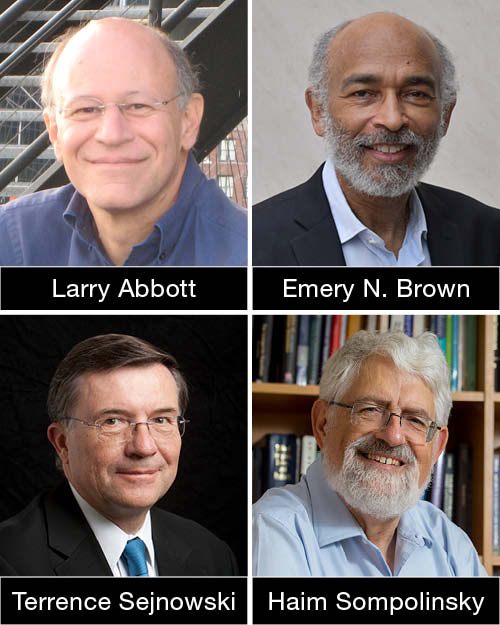
Lecturer: Larry Abbott, PhD
Institution: Columbia University
Lecturer: Emery N. Brown, MD, PhD
Institution: Massachusetts Institute of Technology/Massachusetts General Hospital/Harvard Medical School
Lecturer: Terrence Sejnowski, PhD
Institution: Salk Institute/University of California, San Diego
Lecturer: Haim Sompolinsky, PhD
Institution: Hebrew University of Jerusalem/Harvard University
A joint presentation of four topics in theoretical/computational neuroscience: How precise is synaptic plasticity? (TS); Neural manifolds in sensory, motor, and cognitive systems (HS); Transforming sensory and motor information between body and world coordinates (LA); How anesthetics alter conscious processing as studied in humans, non-human primates, rodents, and circuit models (EB).
Presidential Special Lecture – The Basis of Sleep: What We Are Learning From Small Animal Models
Date & Time: Sunday, November 13, 5:15–6:30 p.m. PST
Theme: Theme F – Integrative Physiology and Behavior
Livestreamed: Yes
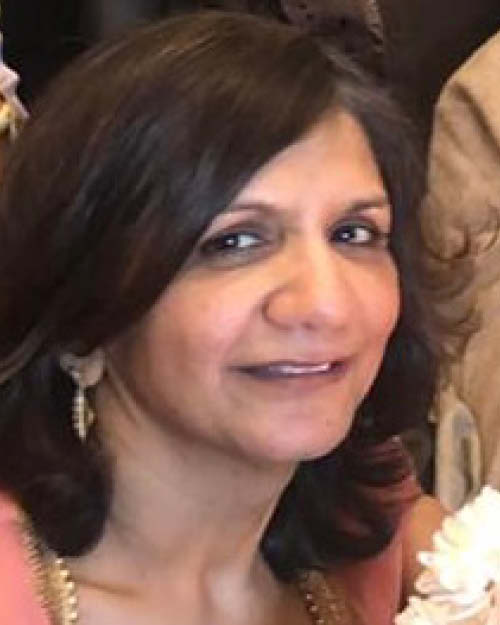
Lecturer: Amita Sehgal, PhD
Institution: Howard Hughes Medical Institute/Chronobiology and Sleep Institute/Perelman School of Medicine, University of Pennsylvania
Studies of sleep have now expanded to diverse species, including invertebrates with very simple nervous systems. Mechanistic analyses in such models have identified molecules that regulate sleep as well as cellular functions served by sleep. Basic principles underlying sleep appear to be conserved across organisms, underscoring the relevance of an evolutionary approach. The lecture will focus largely on advances made in Drosophila and the extent to which these inform our understanding of sleep.
11/14/2022
Special Lecture – Drosophila Reveals Operational Principles of Memory Systems
Date & Time: Monday, November 14, 9–10 a.m. PST
Themes: Theme F – Integrative Physiology and Behavior; Theme G – Motivation and Emotion
Livestreamed: Yes
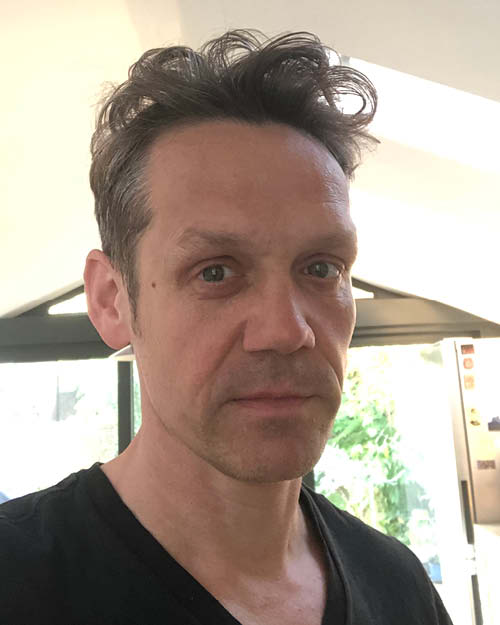
Lecturer: Scott Waddell, PhD
Institution: University of Oxford
Genetic studies of Drosophila memory began in 1970. The field has implicated hundreds of genes and defined the detailed architecture of a mnemonic neural network. Subpopulations of dopaminergic neurons operate in parallel and opposition to tune output connections in the mushroom body network. This plasticity underlies valence learning, appropriate expression of goal-directed memory, memory update, and forgetting. This lecture will discuss findings that may illuminate general principles of memory systems.
DAVID KOPF NEUROETHICS LECTURE – Open Neuroscience and the Meaning of FAIR
Support contributed by: David Kopf Instruments
Date & Time: Monday, November 14, 10:30–11:30 a.m. PST
Themes: Theme I – Techniques; Theme J – History, Education, and Society
Livestreamed: Yes
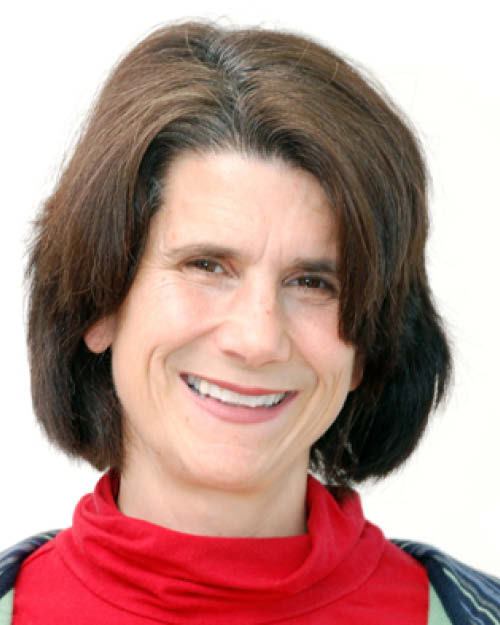
Lecturer: Maryann E. Martone, PhD
Institution: University of California, San Diego
Neuroscience is undergoing a revolution as new technologies for data generation combine with data science to understand the brain. The revolution is occurring within a shift towards making open all products of research-articles, data, and code. This lecture will consider the technical, cultural and ethical challenges of open from a fair perspective: as in making our research products Findable, Accessible, Interoperable, and Reusable and in our societal obligations for how and why we must do so.
Special Lecture – Understanding Brain Cell Type Diversity
Date & Time: Monday, November 14, noon–1 p.m. PST
Theme: Theme B – Neural Excitability, Synapses, and Glia
Livestreamed: Yes
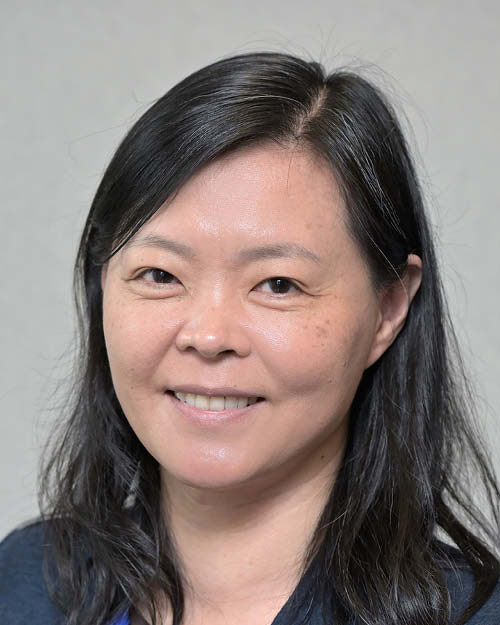
Lecturer: Hongkui Zeng, PhD
Institution: Allen Institute for Brain Science
To understand the function of the brain and how its dysfunction leads to brain diseases, it is essential to uncover the cell type composition (the “parts list”) of the brain. We have built multiple platforms to characterize the transcriptomic, physiological, morphological, and connectional properties of brain cell types in a systematic manner, towards a multi-modal cell atlas for the mouse and human brain. These studies reveal extraordinary cellular diversity and underlying rules of brain organization and lay the foundation for unraveling mechanisms of circuit function.
ALBERT AND ELLEN GRASS LECTURE – Circuits for Body Movements
Support contributed by: The Grass Foundation
Date & Time: Monday, November 14, 3–4:30 p.m. PST
Theme: Theme E – Motor Systems
Livestreamed: Yes
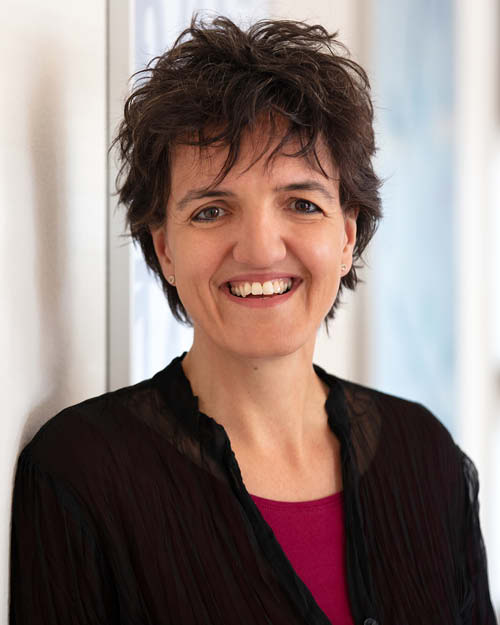
Lecturer: Silvia Arber, PhD
Institution: Biozentrum, University of Basel
Movement is the behavioral output of the nervous system. This lecture will focus on recent work elucidating the organization and function of neuronal circuits central to the regulation of distinct forms of body movements, including locomotion and skilled forelimb movements. It will show that dedicated circuit modules in different regions of the brainstem and their interactions within the motor system play key roles in the generation of diverse actions.
Presidential Special Lecture – The Neurobiology of Escaping From Predators
Date & Time: Monday, November 14, 5:15–6:30 p.m. PST
Theme: Theme F – Integrative Physiology and Behavior
Livestreamed: Yes

Lecturer: Tiago Branco, MD, PhD
Institution: UCL Sainsbury Wellcome Centre
Running away from threat is an ethological behavior that is universal across the animal kingdom. At one end, escape can be a simple reflexive action implemented across a few synaptic connections. At the other, evading predators might rely on coordinating sensory, motor and memory systems to rapidly navigate to a known safe place. This lecture will discuss the components of escape at the behavior level and highlight how cellular and neural circuit mechanisms work together to implement the underlying computations.
11/15/2022
Special Lecture – Organization of Neuronal Activity Across the Brain
Date & Time: Tuesday, November 15, 9–10 a.m. PST
Theme: Theme D – Sensory Systems
Livestreamed: Yes
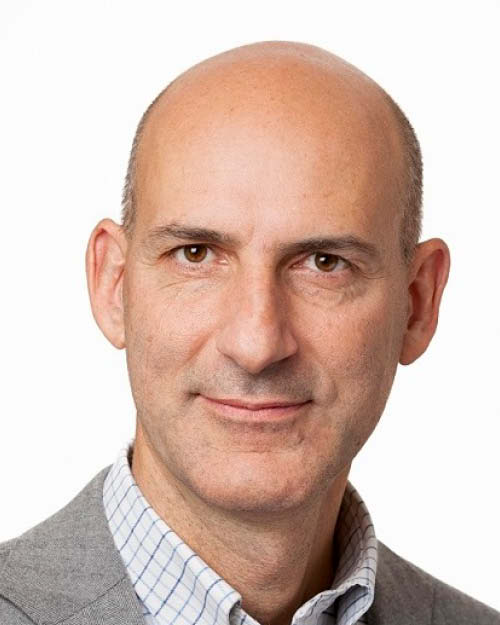
Lecturer: Matteo Carandini, PhD
Institution: University College London
New techniques that record the activity of thousands of neurons reveal surprising results: signals related to engagement, movements, and navigation, which were thought to be localized, are distributed across the entire cortex or even the entire brain. Mathematical and transcriptomic techniques help understand how these brainwide signals interact with local signals such as those representing sensory stimuli, but it is still unclear why the brain broadcasts certain signals so widely.
Special Lecture – Mapping and Rewiring Neural Circuits Underlying Emotions
Date & Time: Tuesday, November 15, 10:30–11:30 a.m. PST
Theme: Theme G – Motivation and Emotion
Livestreamed: Yes
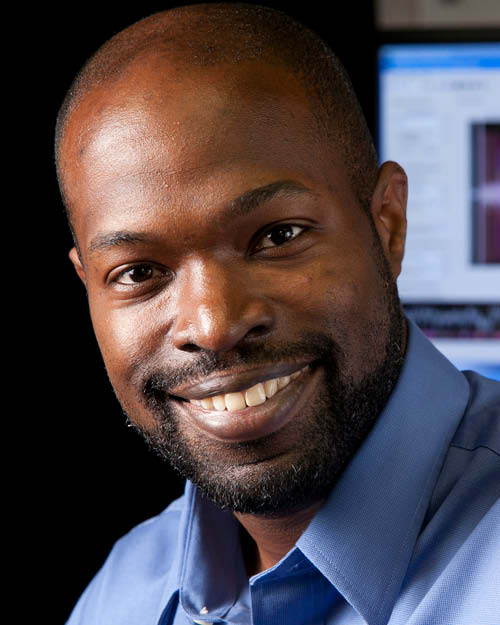
Lecturer: Kafui Dzirasa, MD, PhD
Institution: Duke University School of Medicine
The coordination of activity between brain cells is a key determinant of neural circuit function; nevertheless, approaches that selectively regulate communication between two distinct cellular components of a circuit, while leaving the activity of the presynaptic brain cell undisturbed remain sparse. To address this gap, we developed a novel class of electrical synapses. We then validated these electrical synapses in vivo using C. elegans, and deployed them in mice to modify emotional behavior.
Special Lecture – Myelin Plasticity in Health and Disease
Date & Time: Tuesday, November 15, 2–3 p.m. PST
Theme: Theme B – Neural Excitability, Synapses, and Glia
Livestreamed: Yes
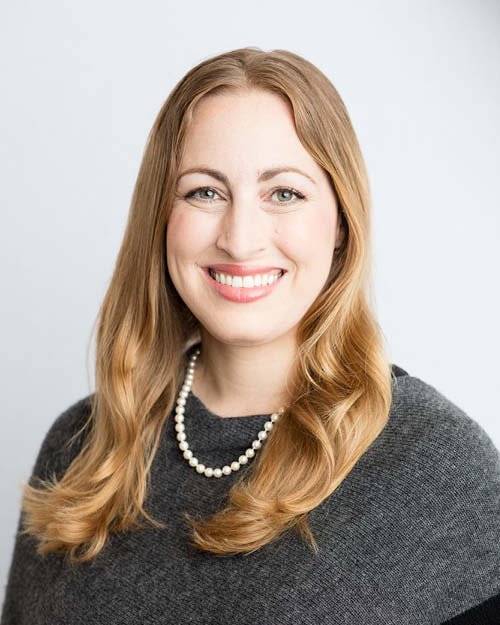
Lecturer: Michelle Monje, MD, PhD
Institution: Stanford University
Activity-dependent plasticity of myelin can adaptively tune neural circuit function in health, contributing to learning and memory. Dysregulation or dysfunction of myelin plasticity can play important roles in neurological disease. Deficient myelin plasticity can contribute to impaired cognition, subversion of myelin plasticity mechanisms robustly promotes progression of glial malignancies, and maladaptive myelination can contribute to circuit dysregulation and disease pathogenesis in epilepsy.
HISTORY OF NEUROSCIENCE LECTURE – Neuroscience Redefines the Stress Concept: From "Fight or Flight" to Neuroplasticity and Affective Disorders
Date & Time: Tuesday, November 15, 3:30–4:30 p.m. PST
Theme: Theme J – History, Education, and Society
Livestreamed: Yes
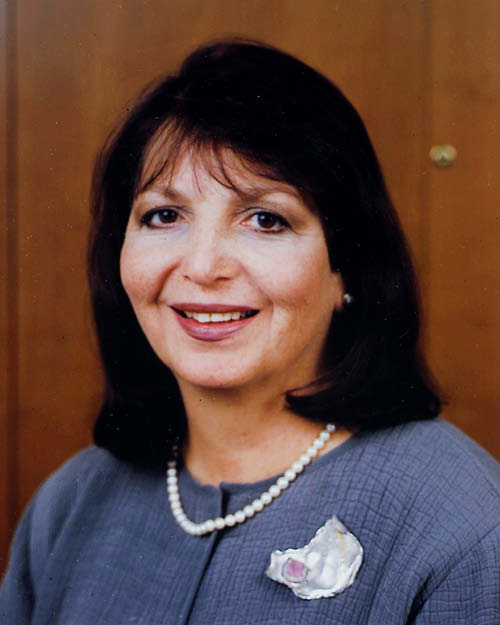
Lecturer: Huda Akil, PhD
Institution: University of Michigan Medical School
The stress response was originally defined as a "fight or flight response” to an acute stressor. Neuroscience has redefined the concept more broadly as an ongoing, adaptive process of assessing the environment, coping with it, and enabling the individual to anticipate and deal with future challenges. Neuroscientists have identified molecules and neural circuits critical to the stress response and highlighted the impact of stress on neuroplasticity. The evolution of the stress concept and its relevance to affective vulnerability and resilience will be discussed.
Presidential Special Lecture – The Macaque Face Patch System: A Turtle's Underbelly for the Brain
Date & Time: Tuesday, November 15, 5:15–6:30 p.m. PST
Themes: Theme D – Sensory Systems; Theme H – Cognition
Livestreamed: Yes
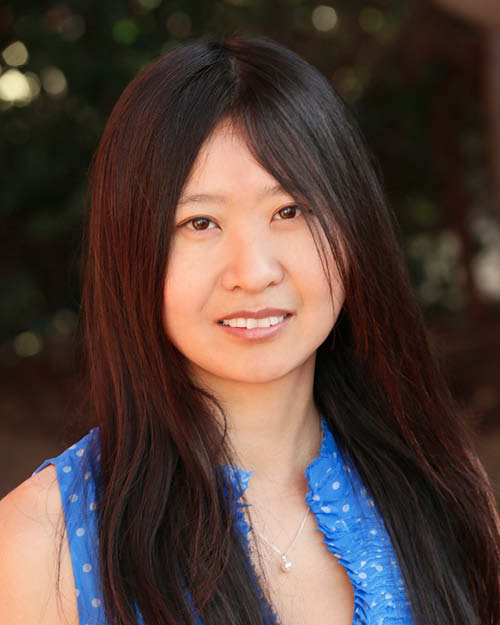
Lecturer: Doris Tsao, PhD
Institution: University of California, Berkeley/Howard Hughes Medical Institute
Research on the macaque face patch system has given us a remarkable window into the processes underlying visual object perception. This lecture will discuss the anatomy, coding principles, and behavioral role of this system.It will also tell how face patches, together with modern deep networks, reveal a unifying principle for inferotemporal organization in terms of ‘object space’. Finally, the lecture will discuss work exploiting feedback in this system to test if the brain encodes a generative model of reality.
11/16/2022
*Session Canceled* Special Lecture – Disentangling the Neural Basis of Emotion
Date & Time: Wednesday, November 16, 9–10 a.m. PST
Theme: Theme G – Motivation and Emotion
Livestreamed: Yes
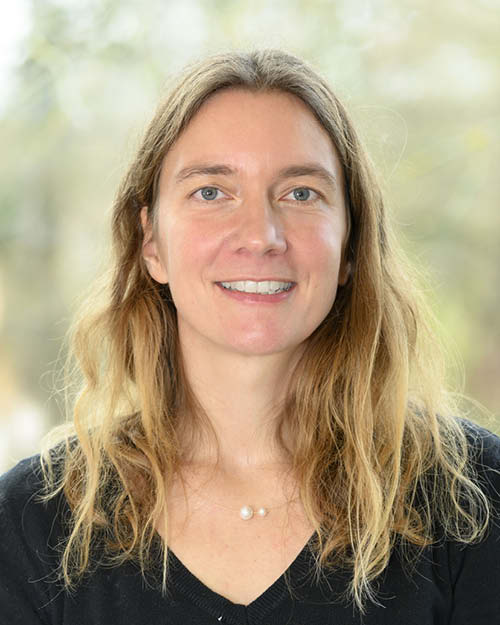
Lecturer: Nadine Gogolla, PhD
Institution: Max Planck Institute of Psychiatry
Emotions are important aspects of life across animal species. Despite recent advances in understanding dedicated neuronal circuits underling specific, emotion-relevant processes, the fundamental neural mechanisms that give rise to emotion remain mysterious. This lecture will discuss open questions in the field and what we have learnt from exploratory approaches, including reading out emotion states from their behavioral and bodily expressions, and revealing their neural basis in animal models.
Special Lecture – From Atoms to Behavior: Creating Tools to Probe Neurobiological Complexity
Date & Time: Wednesday, November 16, 10:30–11:30 a.m. PST
Theme: Theme C – Neurodegenerative Disorders and Injury
Livestreamed: Yes
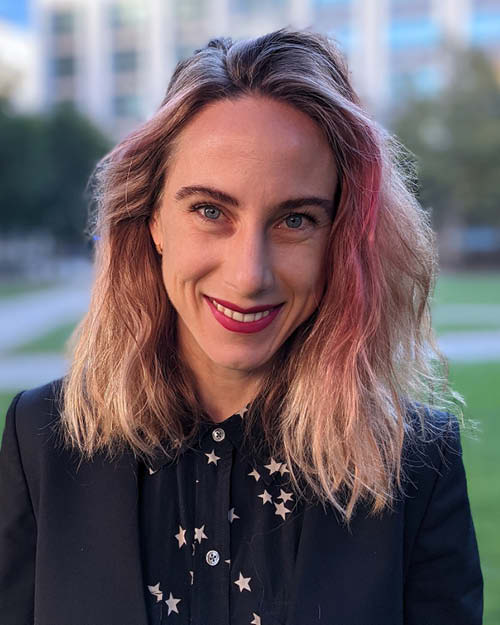
Lecturer: Polina Anikeeva, PhD
Institution: McGovern Institute for Brain Research/Massachusetts Institute of Technology
Billions of neurons across the nervous system are continuously exchanging electrical, chemical, and mechanical cues. This symphony of activity governs physiology and behavior in health and disease. This lecture will review the progress in the field of neural engineering from its beginnings in electronics, its evolution toward multifunctional interfaces mimicking neurobiological complexity, and opportunities offered by nanotechnology to connect molecular function to circuit dynamics and behavior.
CLINICAL NEUROSCIENCE LECTURE – Searching for Words: The New Neuroscience of Speech
Date & Time: Wednesday, November 16, 12:30–1:30 p.m. PST
Theme: Theme H – Cognition
Livestreamed: Yes
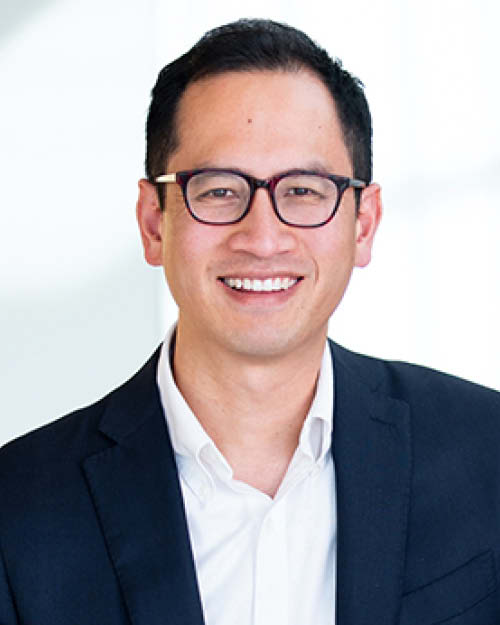
Lecturer: Edward F. Chang, MD
Institution: University of California, San Francisco
Speaking is a unique and defining human behavior. Over the past decade, tremendous progress has been made in deciphering the basic neural code that underlies our ability to speak fluently. During speech production, vocal tract movement gestures for all speech sounds are encoded by highly specialized neural activity, organized as a map, in the human motor and premotor cortices. A major effort is now underway to translate these discoveries towards developing an articulatory-based speech neuroprosthetic device for people who cannot communicate.

















